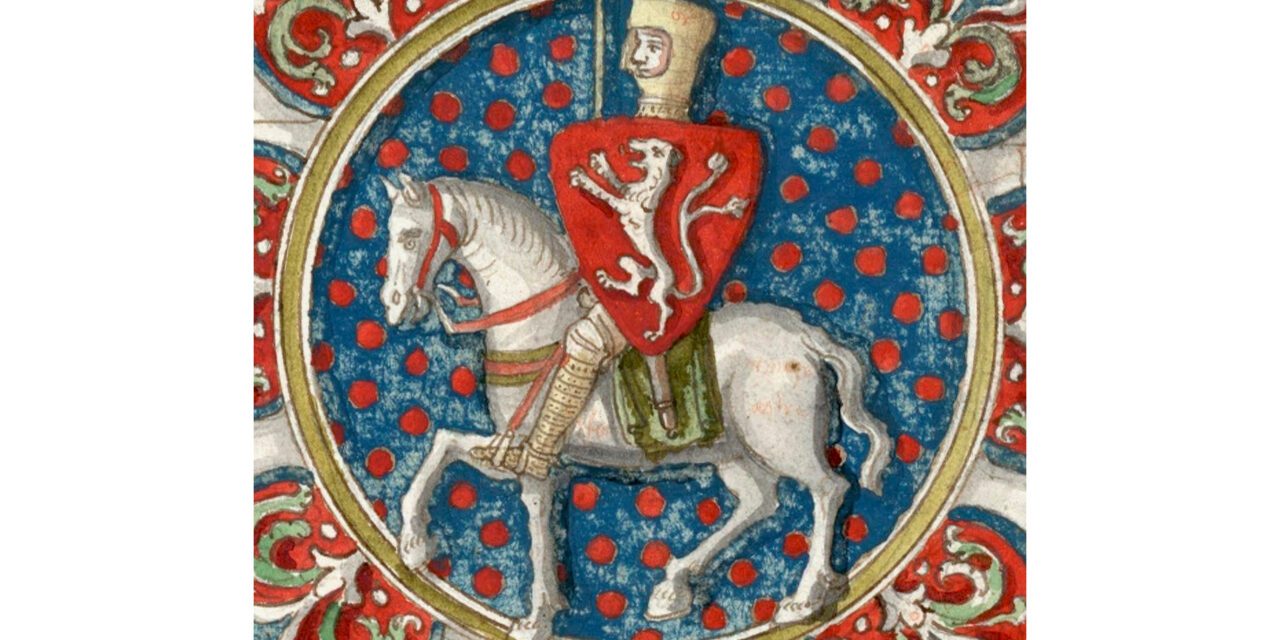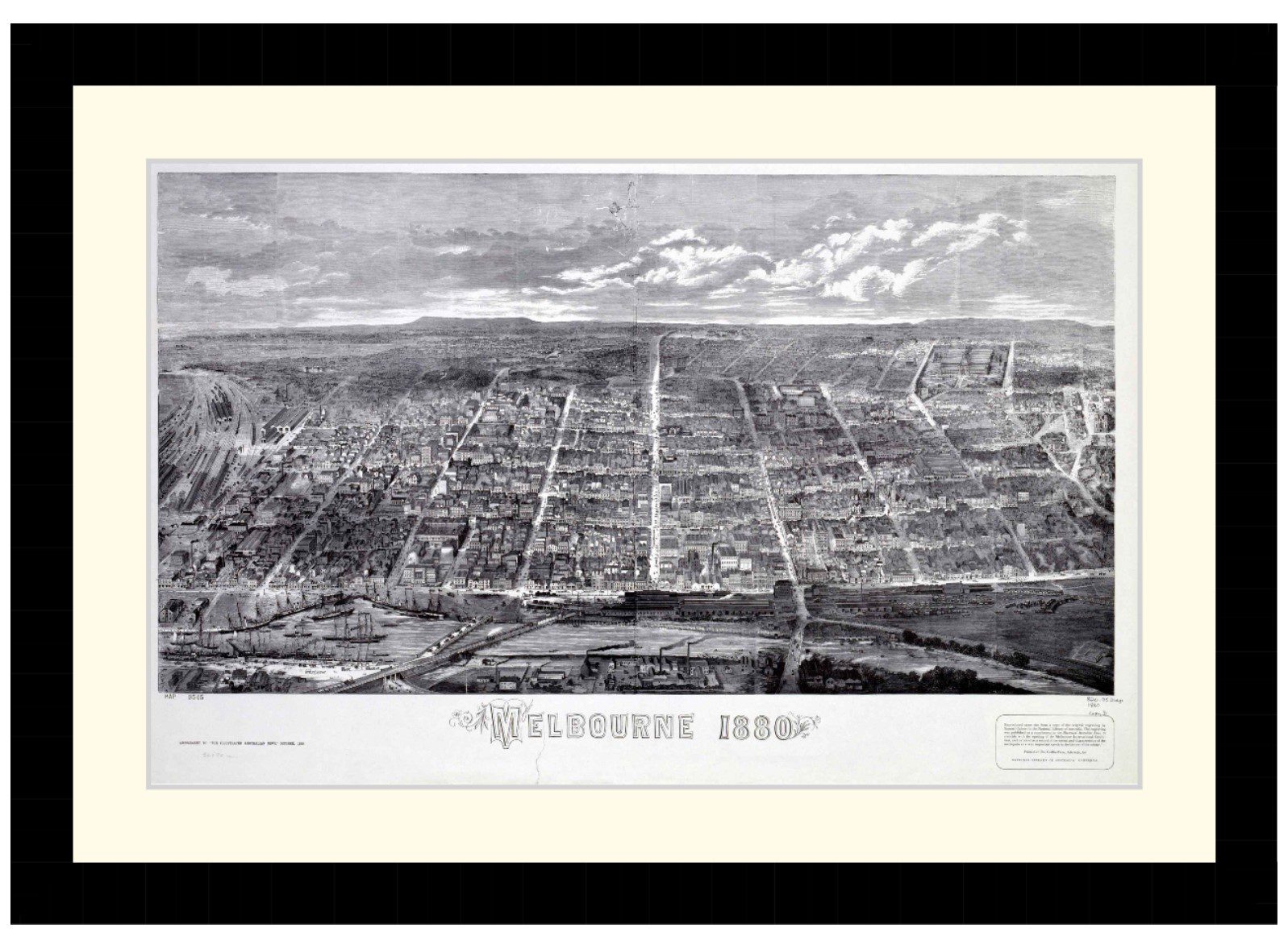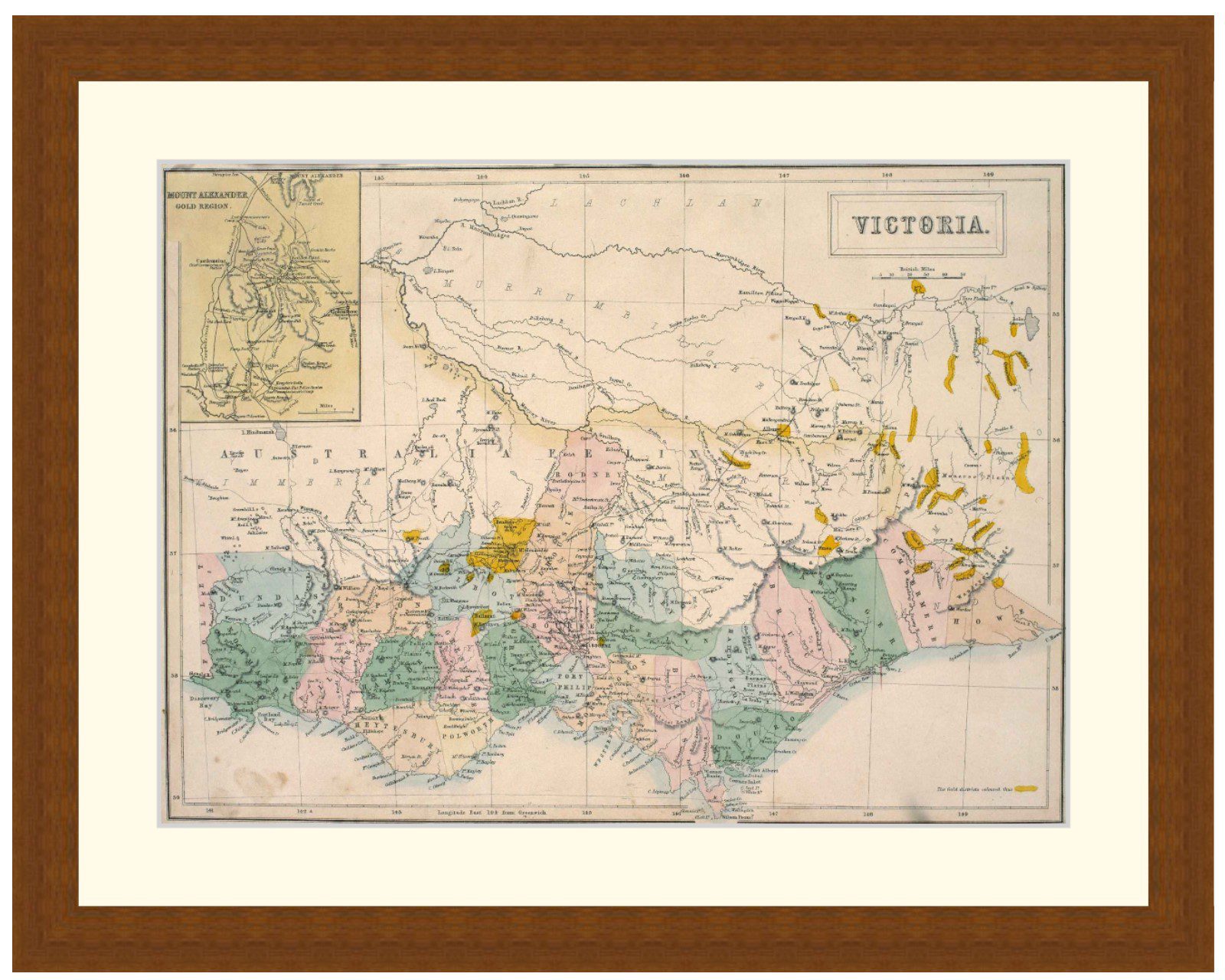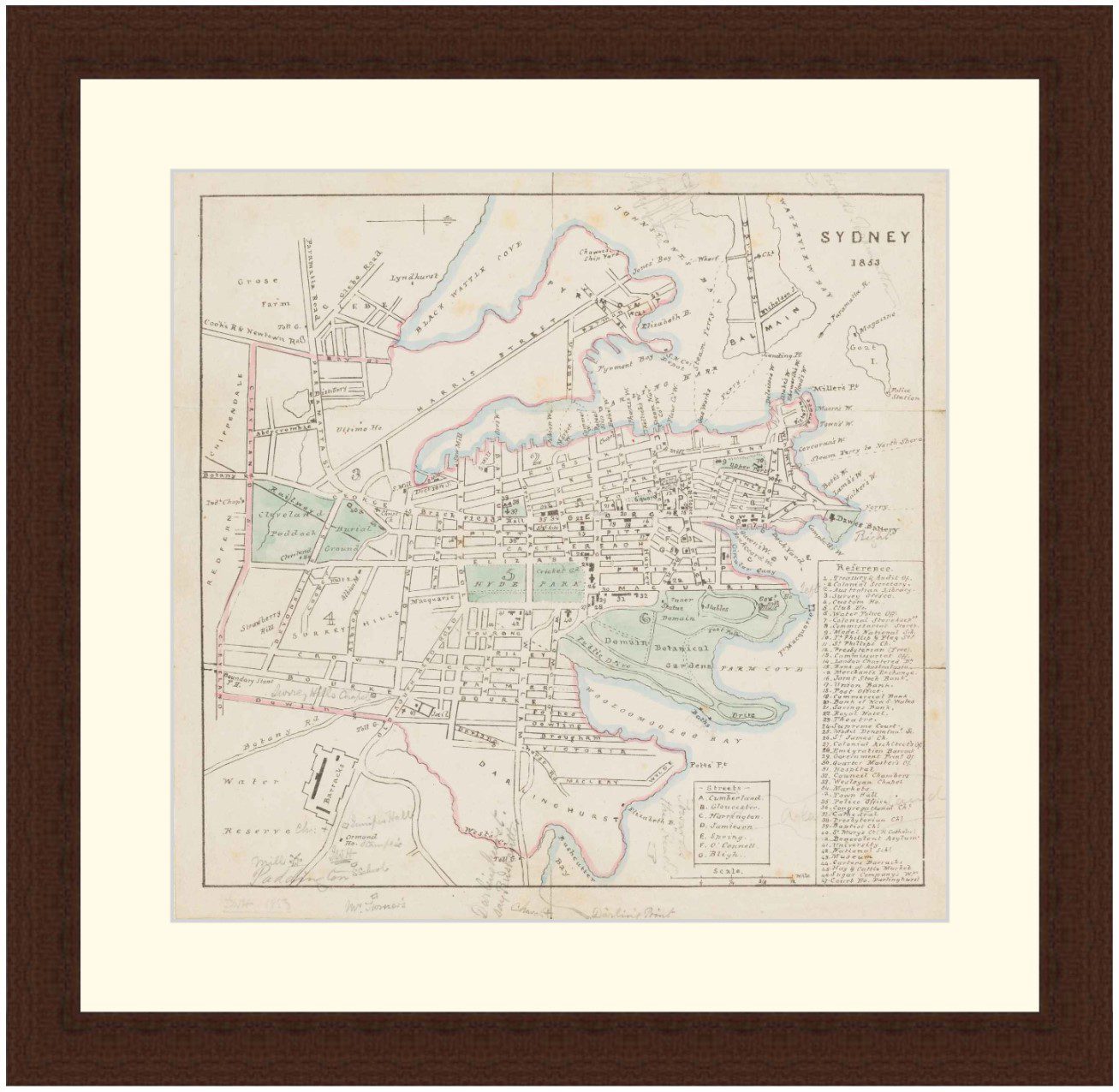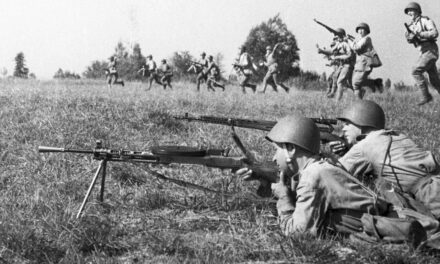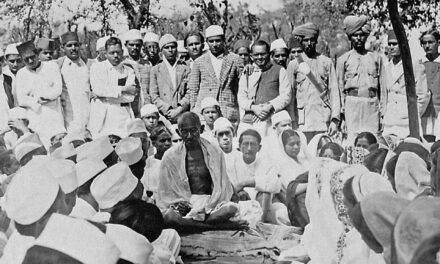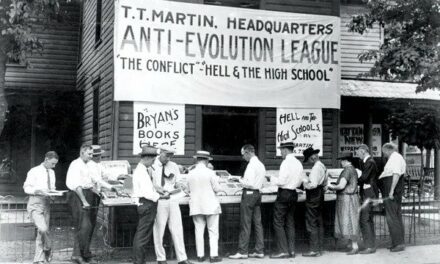History Guild General History Quiz 191
See how your history knowledge stacks up!
Want to know more about any of the questions? Scroll down to learn more!
Have an idea for a question? Suggest it here and we’ll include it in a future quiz!
The stories behind the questions
1. Which King did Simon de Montfort overthrow in 1264?
Henry III – Simon de Montfort led the baronial opposition to King Henry III of England which culminated in the Second Barons’ War and the overthrow of Henry III. Montfort ruled England for over a year, calling two famous parliaments, one of which included citizens from the towns. Because of this Montfort is regarded today as one of the progenitors of modern parliamentary democracy.
2. Who first proposed the 80-20 principle?
Vilfredo Pareto – An Italian civil engineer, sociologist, economist, political scientist, and philosopher, Pareto made several important contributions to economics, particularly in the study of income distribution and in the analysis of individuals’ choices. He was the first to discover that income follows a Pareto distribution, which is a power law probability distribution. The Pareto principle was named after him, and it was built on his observations that 80% of the wealth in Italy belonged to about 20% of the population.
3. When did farming first begin on the British Isles?
4000 BCE – Farming first arrived in the United Kingdom at the dawn of the Neolithic period around 6,000 years ago. Recent research shows prehistoric women were likely involved in tilling, planting, and harvesting crops with hoes, flint sickles, and digging sticks, as well as grinding grain once harvested.
4. Which group occupied central Italy before the rise of the Roman Republic?
Etruscans – The Etruscans were indigenous to the Mediterranean area, probably stemming from the Villanovan culture. They occupied an area corresponding roughly to Tuscany, western Umbria, and northern Latium.
5. Where did the Pre-Raphaelites form?
London – The Pre-Raphaelite Brotherhood was founded in Gower Street, London in 1848. At the first meeting, the painters John Everett Millais, Dante Gabriel Rossetti, and William Holman Hunt were present.
6. When did the Nazi party come to power?
1932 – In the November 1932 election Nazi’s were the Reichstag’s largest party, with 196 of the 608 seats. The Social Democrats won 121 seats and offered to form a coalition with the Communists who won 100 seats. The Communists declined the offer, describing all moderate left-wing parties as “social fascists” and urging their members to devote their energies to destroying the moderate left.
7. In 1914 which of these continents was mostly ruled by Colonial Empires?
Africa – At the beginning of WW1 all of Africa except Ethiopia and Liberia were ruled by European Empires. In Asia, China, Japan and Siam were all large independent countries, while many South America countries gained their independence in the early 1800s. This is shown in this map from 1914.
8. Which civilisation buried their dead in mounds called Kurgens?
Scythian – A group of nomadic horse archers who began migrating westward around 900 BCE, they were wildly successful in defeating and subjugating many other peoples in Central Asia. Much of what we know about their culture comes from their well preserved burial mounds called Kurgens.
9. Which scientific discovery is Rosalind Franklin famous for?
DNA – A British chemist and X-ray crystallographer, her work was central to the understanding of the molecular structures of DNA, RNA, viruses, coal, and graphite. She is most famous for Photo 51, taken by her student Raymond Gosling, which led to the discovery of the DNA double helix for which Francis Crick, James Watson, and Maurice Wilkins shared the Nobel Prize in Physiology or Medicine in 1962.
10.When did Taiwan have its first democratic elections for the President?
1996 – In 1990 there were large demonstrations in support of full democracy for Taiwan. This was supported by Lee Teng-hui, the current President. Lee campaigned to remove the ‘Temporary Provisions Effective During the Period of Communist Rebellion’, laws put in place following the Kuomintang (KMT) arrival in Taiwan in 1949 that suspended the democratic functions of the government. This culminated in the first free and direct elections in 1996, in which Lee was elected President.

